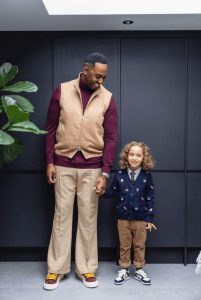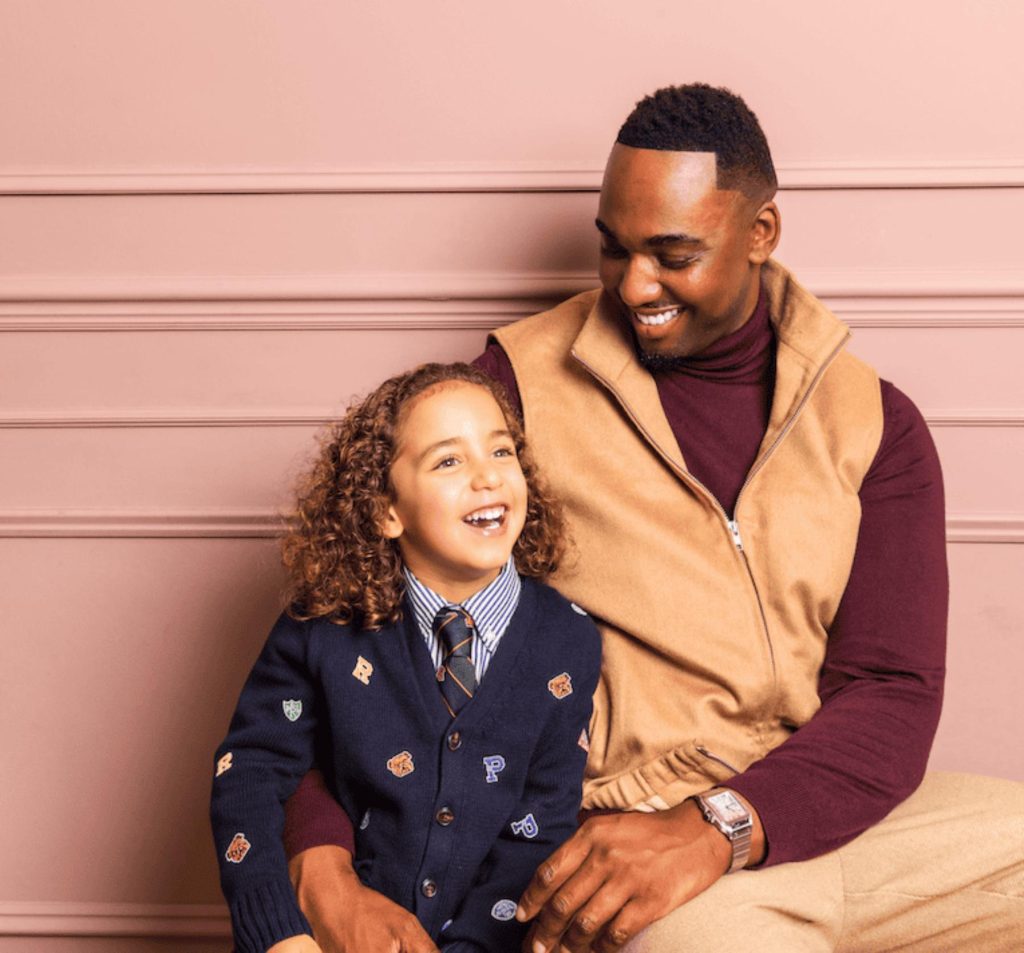Across the world, a quiet but powerful shift is taking place—millennial fathers are changing what it means to be a dad.
Unlike past generations, many men in their late 20s to early 40s are embracing a more emotionally connected, hands-on approach to raising children. From paternity leave to shared diaper duties, this generation is showing that fatherhood can be both nurturing and equal.
According to Positive News, this shift is leading many men to take a more active role in daily parenting, emotional support, and redefining the idea of masculinity.
A Break from Traditional Roles
Recent surveys show that millennial fathers are spending significantly more time with their children compared to previous generations. They are also more involved in everyday caregiving—handling meals, bedtime routines, and school runs.
This change is partly driven by evolving cultural values and more supportive workplace policies. In countries with progressive parental leave, more fathers are taking the opportunity to bond with their babies and share responsibilities from the beginning.
Emotional Openness and Mental Health
Another key difference is emotional transparency. Millennial dads are more likely to express vulnerability and seek support for mental health. They’re also creating and joining communities—both online and offline—where dads can share challenges and experiences without judgment.
This openness is helping to break long-standing stereotypes around what it means to be a father.
One example of this changing approach to fatherhood is Paul Morgan-Bentley, a writer and father who became the main caregiver for his son while his partner returned to work. According to Positive News, Paul shared how this role reversal reshaped his understanding of masculinity, parenting, and emotional presence. His story reflects a growing movement of millennial fathers who are prioritizing connection, caregiving, and balance.

Balancing Work and Family Life
Flexible work schedules, remote jobs, and shifting priorities have allowed many young fathers to reshape their professional lives around family. Some are cutting back hours, working from home, or even becoming full-time caregivers.
The result is a healthier family dynamic where parenting is a shared journey, not a one-sided role.
Why It Matters
Research has consistently shown that children benefit from emotionally engaged, present fathers. These changes also support greater gender equality by distributing the parenting load more evenly.
By challenging outdated ideas and embracing new possibilities, millennial dads are helping to build stronger, more balanced families for the future.

